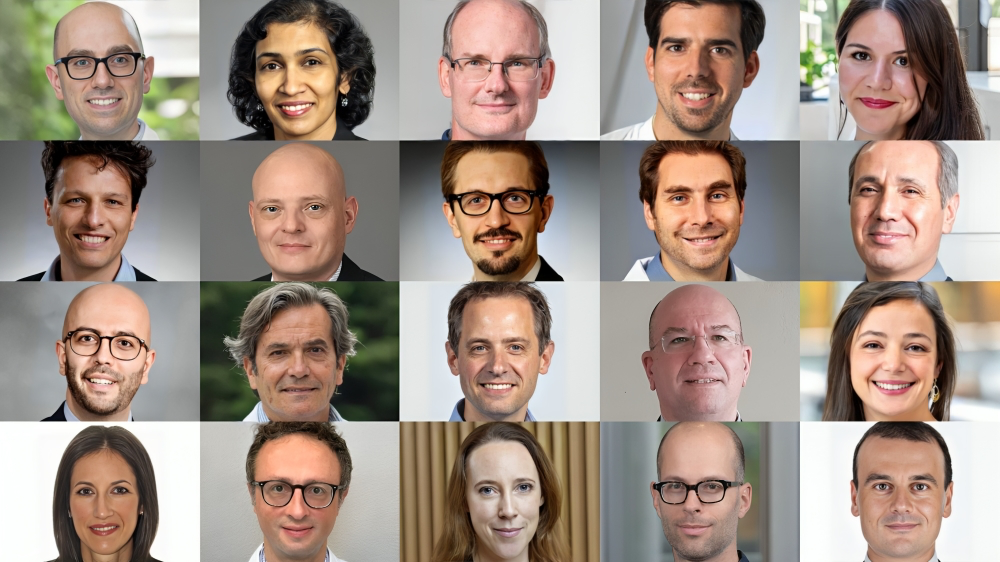The International Myeloma Society (IMS) and the Paula and Rodger Riney Foundation have announced the fourth annual IMS Translational Research Award.
The Translational Research Award is designed to recognize and support significant contributions to the field of multiple myeloma research. This award aims to promote innovative research that can lead to improved outcomes for patients with plasma cell disorders.
The award seeks to support state-of-the-art investigator-initiated translational research that enhances prevention, early detection, diagnosis, and treatment of plasma cell disorders, particularly multiple myeloma. The program encourages collaborative efforts between institutions to foster groundbreaking research.
Grants will range from $175,000 to $250,000 USD, including a maximum institutional overhead of 8%. The budget may cover salary support, laboratory supplies, services, and travel allowances. Equipment purchases require special justification.
Award Winners:
Evangelos Terpos
Funding: Comprehensive Exploration of Molecular Pathways and Biomarkers in Myeloma-Induced Bone Disease: A Multi-Omics Approach for Personalized Therapeutic Management
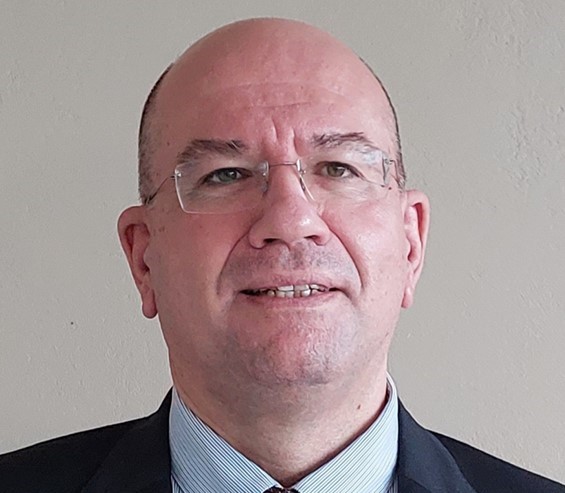
Dr. Evangelos Terpos is an Associate Professor of Hematology at the University of Athens in Greece and serves as an Honorary Senior Lecturer in the Department of Hematology at Imperial College London. He is currently co-chair of the Bone Subgroup of the International Myeloma Working Group and the Guideline Subgroup of the European Myeloma Network (EMN).
Dr. Terpos actively participates in clinical trials focused on novel agents for multiple myeloma and has presented lectures at various international conferences, including EHA and ASH meetings, as well as International Myeloma Workshops.
Mark Bustoros
Funding: Identifying Mechanisms of Response and Resistance to BCMA CAR-T Therapy in Multiple Myeloma and Extramedullary Disease
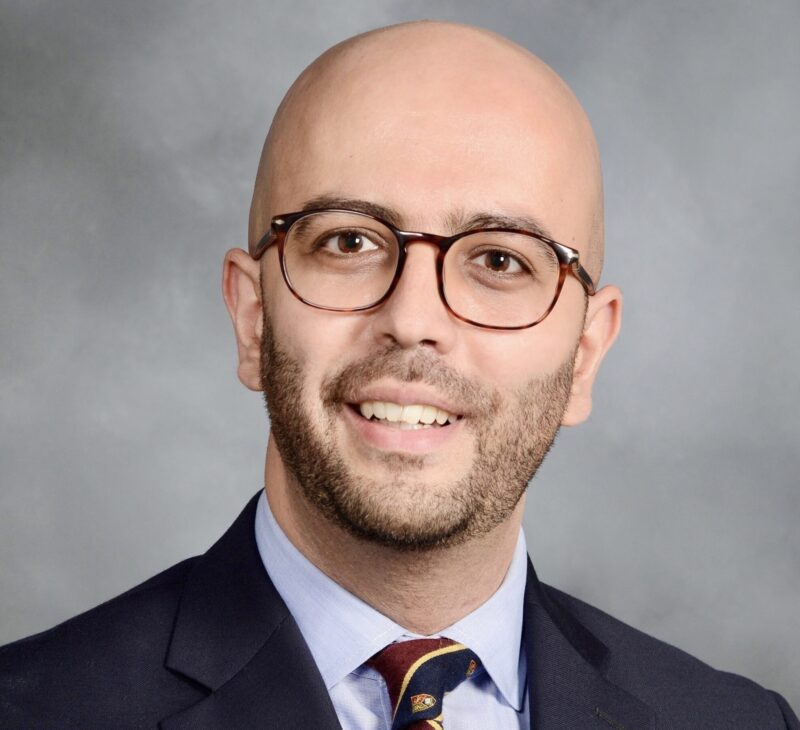
Mark Bustoros, M.D., is an Assistant Professor of Medicine at Weill Cornell Medicine/Meyer Cancer Center. He is part of the team at the Myeloma Center, where he contributes to advancing clinical care and research in this field. Dr. Bustoros is actively involved in various clinical trials aimed at investigating novel therapies for multiple myeloma, enhancing treatment options for patients.
Emanuele Cocucci
Funding: Targeting inter-organelle communication to arrest multiple myeloma
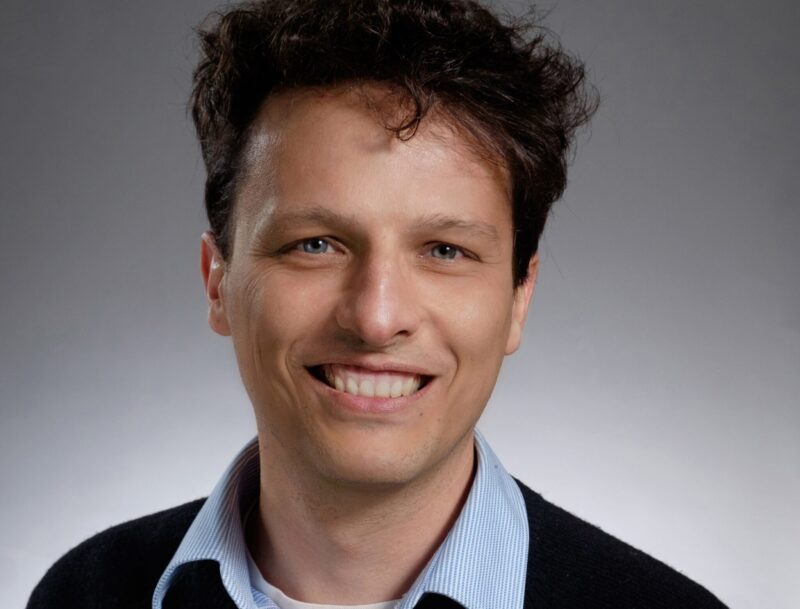
Emanuele Cocucci, MD, PhD is an Associate Professor specializing in Pharmaceutics and Pharmacology at The Ohio State University. His research areas include chemical biology, cancer, nanotechnology, and drug delivery systems within the Division of Pharmaceutics and Pharmacology.
Dr. Cocucci is involved in advancing the understanding and application of innovative drug delivery methods to improve cancer treatment outcomes. His work focuses on developing new therapeutic strategies that leverage nanotechnology to enhance the efficacy and safety of cancer therapies.
Marta Diaz-del Castillo
Funding: BAtMMaN: Bone marrow AdipocyTes in the Multiple MyelomA Niche
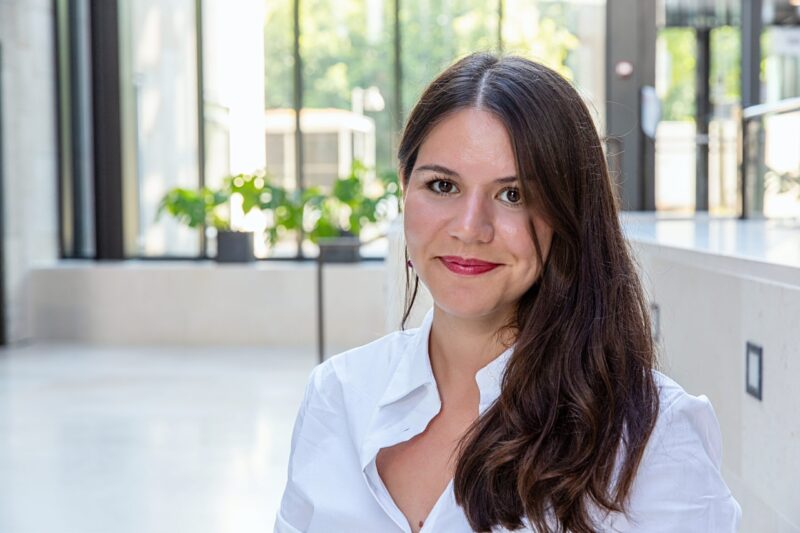
Marta Diaz-del Castillo is an Postdoctoral PhD of Department of Forensic Medicine at University of Aarhus. Her work focuses on various aspects of forensic medicine, contributing to both academic research and practical applications in the field. She is involved in teaching and mentoring students, as well as participating in interdisciplinary projects that enhance the understanding and implementation of forensic practices.
Mala Shanmugam
Funding: Investigating heme-induced effector CAR T cells for multiple myeloma therapy
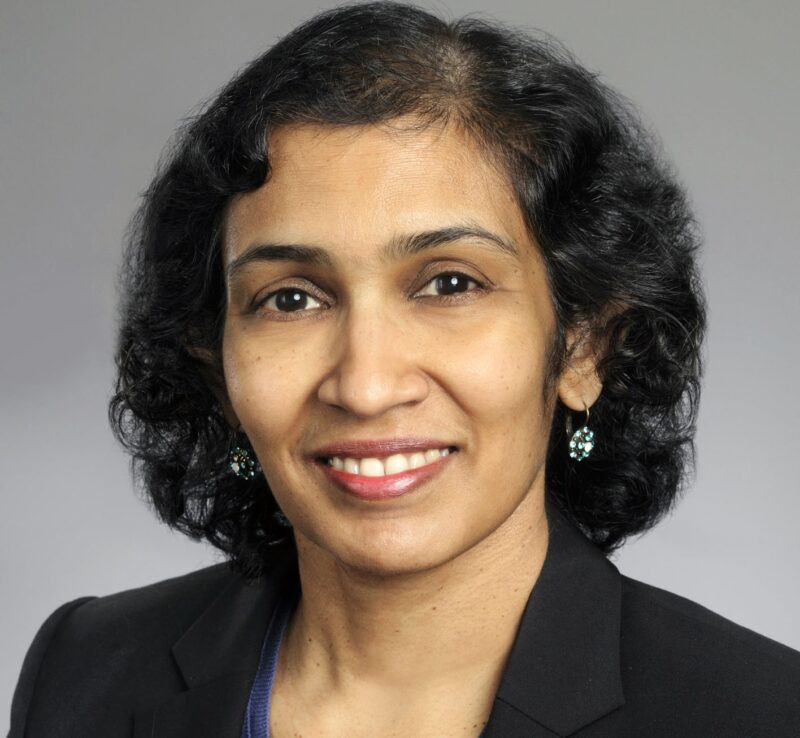
Dr. Mala Shanmugam, PhD, MS, is an Associate Professor in the Department of Hematology and Medical Oncology at Emory University School of Medicine. She is also a member of the Cell and Molecular Biology Research Program at the Winship Cancer Institute and the Molecular and Systems Pharmacology Program at Emory’s Laney Graduate School.
Dr. Shanmugam earned her MS in Biotechnology from Madurai Kamaraj University in India and her PhD in Tumor Cell Biology from Northwestern University Medical School in Chicago. Her research focuses on understanding how altered cellular metabolism contributes to therapy resistance in multiple myeloma and lung cancer. She aims to identify metabolic vulnerabilities that can be targeted for cancer therapy.
Jose A. Martinez-Climent
Funding: Modeling, unraveling, and beating acquired resistance to BCMA and GPRC5D targeted agents in multiple myeloma
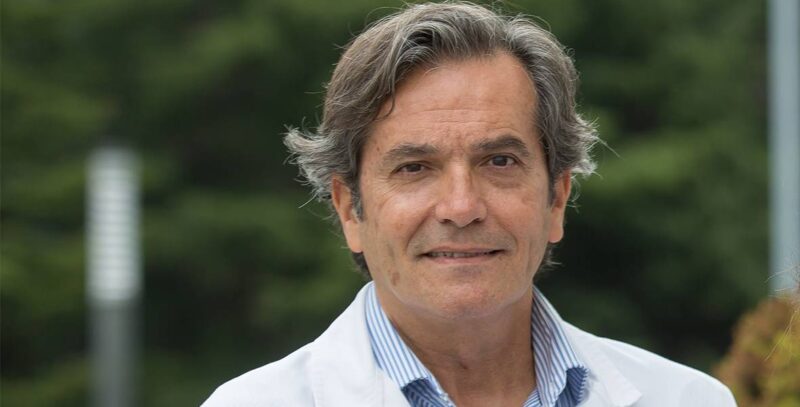
Jose A. Martinez-Climent is an expert in cancer biology and genetics, with a degree in Medicine from the University of Valencia (1986) and a Ph.D. from the University of Chicago (1996). He is board-certified in pediatrics and pediatric hemato-oncology in Spain and has specialized training in cancer genetics, tumor biology, and immunology.
Since 2005, he is the principal investigator of the Lymphoproliferative Syndromes Group within the Hemato-Oncology Program at University of Navarra. He also teaches at the University of Navarra, focusing on “Medicine and Pediatrics” and “Translational Research in Medicine.”
His research interests include immune escape mechanisms in B-cell lymphomas, immunotherapy responses in multiple myeloma, and the role of endogenous retroelements in cancer. He has authored 105 scientific articles and pioneered high-throughput genomic technologies to identify key genes in lymphoma. Dr. Martinez-Climent’s work significantly advances the understanding and treatment of hematological malignancies.
Sara Gandolfi
Funding: Novel immunotherapy investigation and characterization of immune escape mechanisms to Natural Killer cells in Multiple Myeloma
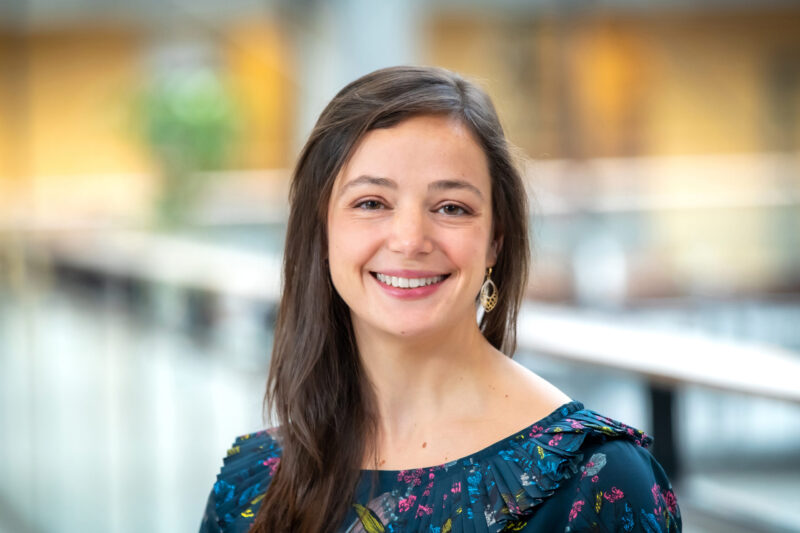
Sara Gandolfi is a senior researcher at the University of Helsinki, specializing in the fields of cancer, biochemistry, and cell and molecular biology. Her research focuses on understanding cancer mechanisms and developing innovative therapeutic strategies. With a strong background in psycho-oncology, she has contributed to various projects aimed at improving cancer care and patient support.
Brian Walker
Funding: TARGETING LOSS OF THE TUMOR SUPPRESSOR TENT5C IN MULTIPLE MYELOMA
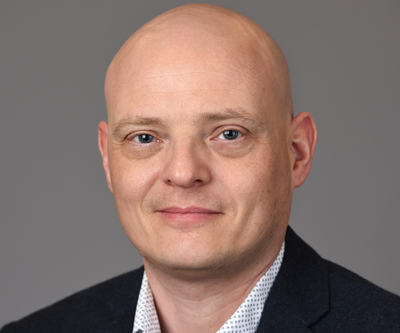
Brian A. Walker, PhD, is the Daniel and Lori Efroymson Professor of Oncology at Indiana University, where he also serves as a Professor of Medicine and Medical & Molecular Genetics, as well as an Adjunct Professor in BioHealth Informatics.
He earned his BSc (Hons) in Medical Microbiology from the University of Edinburgh in 1996 and completed his Ph.D. at Imperial College London in 2000, focusing on the co-evolution of antigen processing genes with MHC molecules.
Raphael Szalat
Funding: Molecular characterization and therapeutic targeting of Protein Kinase D2 in t(4;14) multiple myeloma
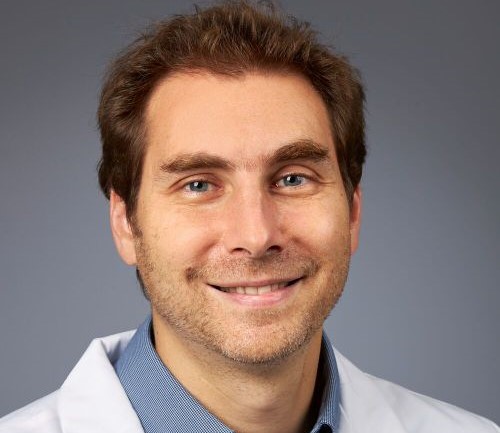
Raphael E. Szalat, MD, PhD is a hematologist at Boston Medical Center (BMC) specializing in plasma cell disorders, including multiple myeloma and monoclonal gammopathies. He serves as an assistant professor of Hematology and Oncology at the Boston University Chobanian & Avedisian School of Medicine. Dr. Szalat’s research focuses on developing clinical trials for myeloma and conducting basic and translational research on related conditions such as AL amyloidosis.
He earned his medical degree from Université Paris-Sorbonne and completed fellowships in immuno-hematology at Hôpital Saint-Louis in Paris and hematology and oncology at Boston University Medical Center. Dr. Szalat also holds a doctorate in hematology from Dana-Farber Cancer Institute/Harvard Medical School, in collaboration with Université Paris-Sorbonne. Currently, he is the Multiple Myeloma program director and Stem Cell Transplant director at BMC.
Eric Smith
Funding: Development of an optimized dual-targeted tandem VH-only fully-human CAR to generate long-term durable remission with adoptive cellular therapy for multiple myeloma
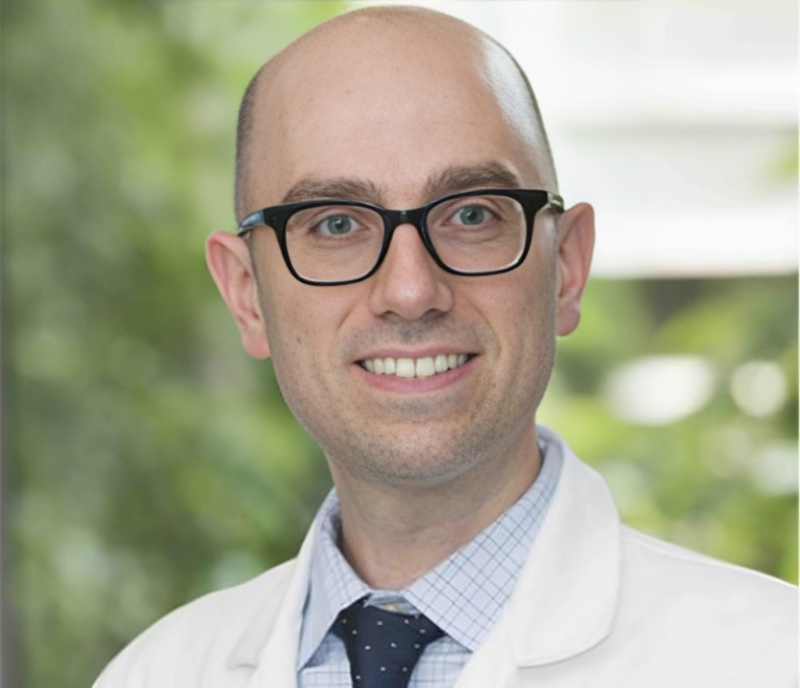
Eric Smith, MD, PhD is a Medical Oncology at Dana-Farber Cancer Institute. He earned his MD and PhD in Genetics and Genomic Sciences from the Mount Sinai School of Medicine, where he also completed a research track residency in internal medicine. Following this, Dr. Smith pursued a medical oncology fellowship at Memorial Sloan Kettering Cancer Center (MSKCC), where he later served as faculty in the Center for Cell Engineering, Cellular Therapeutics Center, and the Myeloma Service.
His pre-clinical research has led to numerous patents and the clinical translation of several cell therapy products developed in his lab. Currently, Dr. Smith is focused on advancing immune effector cell therapies at Dana-Farber Cancer Institute (DFCI), where he continues to contribute significantly to the field through his innovative research and clinical applications.
Karl Petri
Funding: USB|CAR-T: Using CRISPR 2.0 to Generate Universal SLAMF7/BCMA CAR-T Cells for Treating Multiple Myeloma
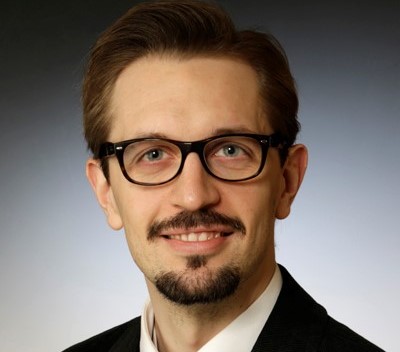
Karl Petri, MD is the Chair of Cellular Immunotherapy at the University Hospital Würzburg, where he leads innovative research and clinical initiatives in the treatment of hematological malignancies. With a focus on plasma cell disorders, including multiple myeloma, Dr. Petri is dedicated to advancing cellular therapies that harness the immune system to improve patient outcomes.
Dr. Petri completed his medical training and has since specialized in hematology and oncology, gaining extensive experience in both clinical practice and research. His work involves developing cutting-edge immunotherapeutic strategies, including CAR-T cell therapies, aimed at providing more effective treatment options for patients with complex blood cancers.
At the University Hospital Würzburg, Dr. Petri collaborates with a multidisciplinary team to integrate research findings into clinical care, ensuring that patients benefit from the latest advancements in cellular immunotherapy. His contributions to the field have been recognized through numerous publications and presentations at international conferences.
Max Merz
Funding: Single cell dissection of autologous apheresis products to predict successful manufacturing, safe application and response to chimeric antigen receptor T-cells in newly diagnosed and relapsed myeloma
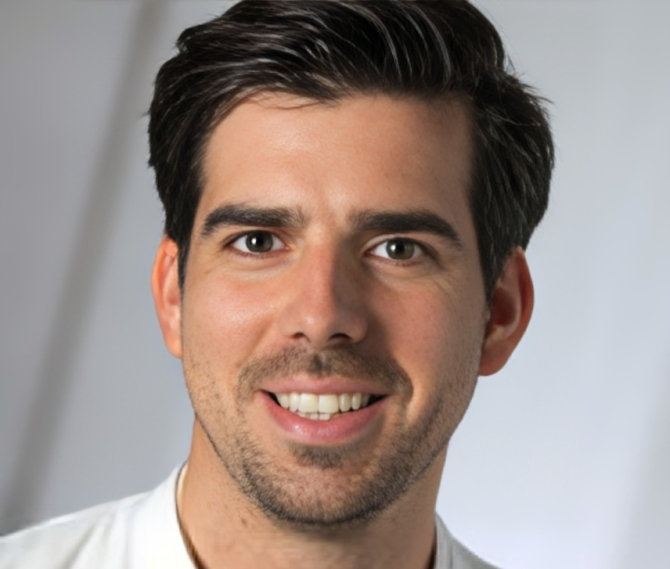
Maximilian Merz is a senior physician at the Clinic and Polyclinic for Hematology, Cell Therapy, and Hemostasis at Universitätsmedizin Leipzig. He studied human medicine at Ruprecht-Karls-University of Heidelberg, where he also completed his dissertation on angiogenesis in breast cancer bone metastases.
Dr. Merz has held various positions, including assistant physician at Heidelberg University Hospital and a postdoctoral fellowship at Roswell Park Comprehensive Cancer Center in Buffalo, NY. He was awarded an associate professorship in oncology and completed his habilitation in internal medicine. Recently, he received the Translational Research Award for his work in experimental cancer research, focusing on multiple myeloma and related malignancies. His research aims to translate scientific advancements into effective clinical therapies.
Andrew McPherson
Funding: Improving Prognosis of Progression Risk in Multiple Myeloma Precursors through Single Cell Sequencing-Based Genomic and Immune Microenvironment Profiling
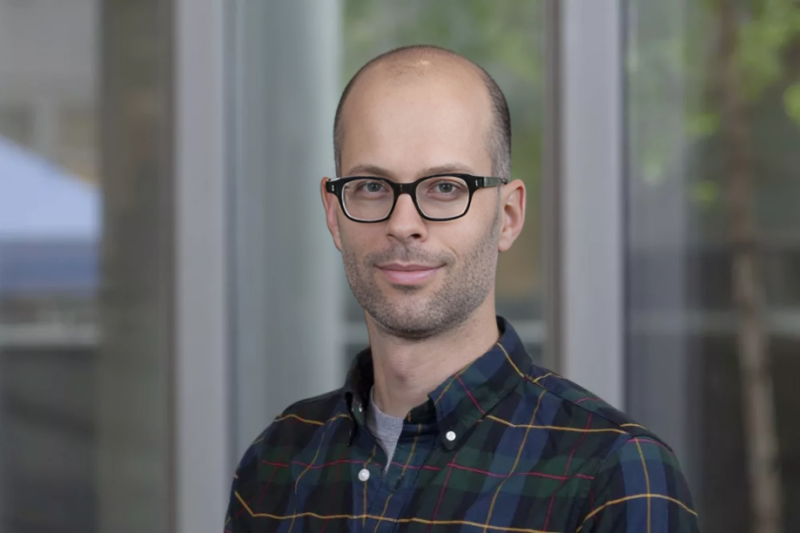
Andrew McPherson, MD, PhD is an Assistant Attending Computational Oncologist in the Department of Epidemiology and Biostatistics at Memorial Sloan Kettering Cancer Center (MSKCC). His research focuses on developing computational methods for analyzing single-cell genomic data, specifically exploring genomic instability, mutational processes, clonal evolution, and the role of the microenvironment in cancer development and progression.
During his doctoral studies, Dr. McPherson developed innovative techniques for cancer genome sequence analysis, including the detection and characterization of genome rearrangements and the inference of clonal phylogenies. His postdoctoral research at the University of British Columbia centered on creating computational methods and infrastructure for a novel single-cell whole genome sequencing (scWGS) platform known as Direct Library Preparation.
At MSKCC, Dr. McPherson has led efforts to implement scWGS via DLP and has collaborated with various investigators to support its use across the institute. He has also contributed to large-scale single-cell genomics studies focusing on breast and ovarian cancer.
Kylee Maclachlan
Funding: Comprehensive genomic and immune characterization of response and resistance to daratumumab-based quadruplet induction therapy
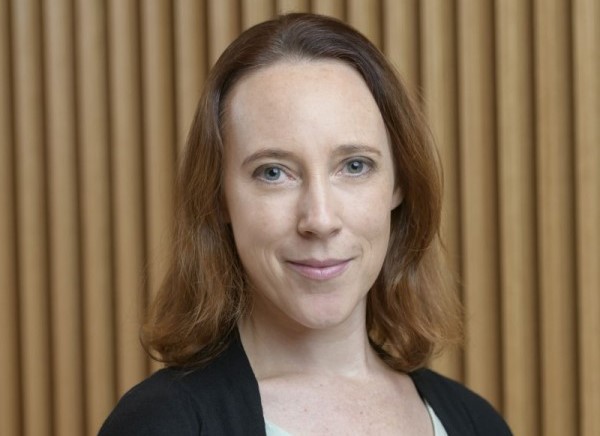
Kylee Maclachlan, MBBCh, PhD is a hematologist and researcher at Memorial Sloan Kettering Cancer Center (MSKCC), specializing in the care of patients with multiple myeloma and related disorders, including smoldering myeloma and monoclonal gammopathy of undetermined significance (MGUS).
Dr. Maclachlan collaborates with her colleagues to identify optimal treatment strategies, focusing on continuous improvement in treatment efficacy and quality of life. She emphasizes clear communication and shared decision-making throughout each patient’s care journey.
With a strong research background, Dr. Maclachlan has co-authored numerous peer-reviewed articles and has been recognized for her contributions to the field. Her work aims to enhance understanding of disease progression and improve personalized treatment approaches for patients with multiple myeloma.
Tom Cupedo
Fundings: 1. Bone marrow inflammation as driver of multiple myeloma persistence and relapse
2. Targeting the bone marrow niche in Multiple Myeloma
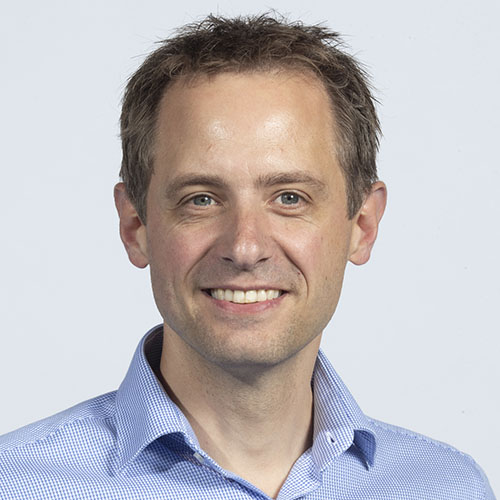
Dr. Tom Cupedo is a researcher at the Department of Hematology at Erasmus University Medical Center Rotterdam. He completed his PhD on stromal-immune cell interactions during murine lymph node development in Reina Mebius’ lab and later discovered human fetal innate lymphoid cells responsible for lymphoid organogenesis during his postdoctoral training in Hergen Spits’ lab.
Since 2006, Dr. Tom has focused on the interactions between immune cells and their environment, identifying key roles of innate lymphoid cells in tissue repair after chemotherapy and establishing a mesenchymal stromal cell niche for these cells in lymphoid tissues. In 2018, he collaborated with Pieter Sonneveld and Annemiek Broijl to study the interactions between multiple myeloma cells and the bone marrow microenvironment, leading to the creation of the Myeloma Research Lab Rotterdam.
He has received prestigious fellowships from the Dutch Organization for Scientific Research (Veni 2006; Vidi 2009) and has published in top journals such as Nature Immunology and Immunity.
Michele Cea
Funding: Targeting metabolic switch of high risk multiple myeloma cells: towards the design of an exploratory approach for an unmet clinical need
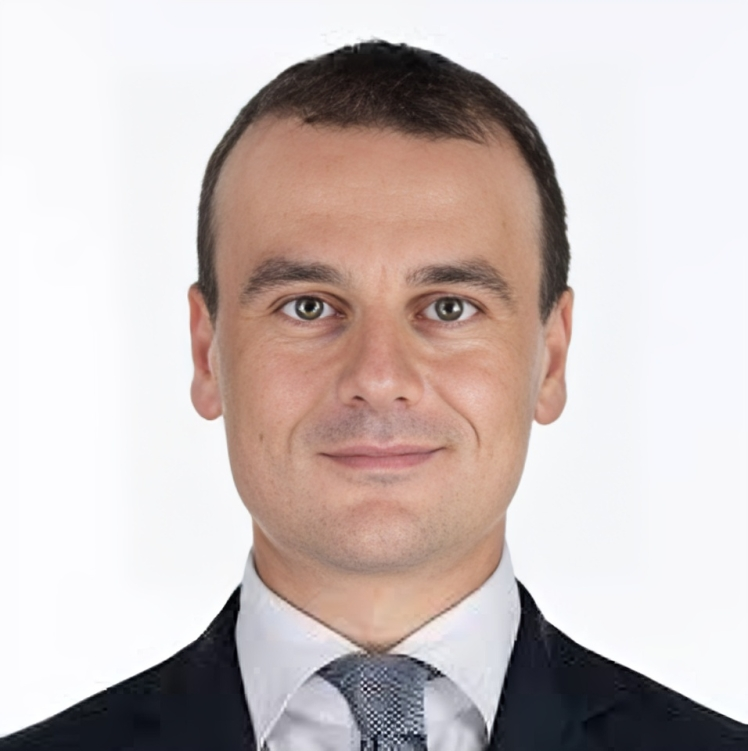
Michele Cea is an Associate Professor of Medicine in the Department of Internal Medicine and Medical Specialties (DIMI) at the University of Genoa. His research focuses on hematology, particularly on stromal cell and immune cell interactions, innate lymphoid cells, and cancer immunity.
Dr. Cea is dedicated to advancing the understanding of how these interactions influence cancer development and progression. Through his work, he aims to develop innovative therapeutic strategies that can improve patient outcomes in hematological malignancies. His contributions to the field are recognized both nationally and internationally, reflecting his commitment to enhancing cancer research and treatment methodologies.
Niccolò Bolli
Funding: Functional screens on single-cell transcriptomes of genotypically-defined minimal residual disease cells to unravel specific vulnerabilities of treatment resistant multiple myeloma (FUTURE)
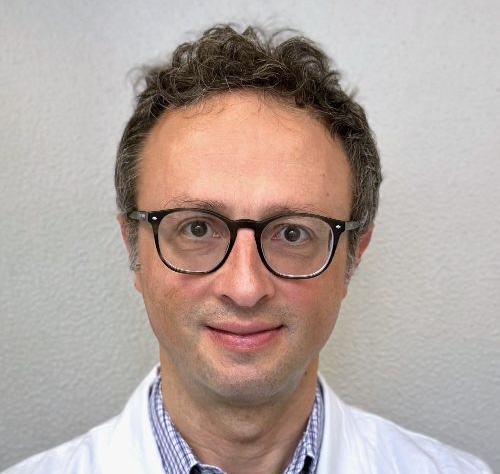
Niccolò Bolli is an Associate Professor of Hematology at the University of Milan, Italy, and serves as a consultant in hematology at the Fondazione IRCCS Ca’ Granda Ospedale Maggiore Policlinico. He leads the research and diagnostics laboratory there.
Dr. Bolli received his MD from the University of Perugia, where he also specialized in hematology. He completed his PhD at the Dana-Farber Cancer Institute/Harvard Medical School, focusing on animal model systems to study mutations involved in leukemia. He later worked as a clinical lecturer in hematology at the University of Cambridge, contributing to the Cancer Genome Project.
His research primarily revolves around multiple myeloma genomics, investigating the genomic alterations associated with this malignancy and exploring clonal evolution from diagnosis to chemoresistant stages. Dr. Bolli has authored over 111 publications, accumulating more than 14,000 citations and an H-index of 40, reflecting his significant contributions to the field of hematology and oncology.
Nizar Jacques Bahlis
Funding: BCL2L1 armored CAR T cells overcome exhaustion and enhance persistence in multiple myeloma
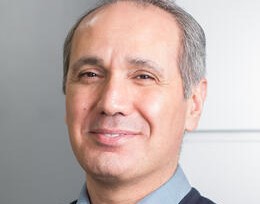
Dr. Nizar Jacques Bahlis is an Associate Professor of Medicine at the University of Calgary in the division of Hematology and Bone Marrow Transplantation, as well as a member of the Charbonneau Cancer Research Institute. He earned his medical degree from St. Joseph University in Beirut and completed his residency at the State University of New York in Syracuse, followed by a Hematology-Oncology fellowship and a postdoctoral fellowship in cancer biology at the University of Miami.
Dr. Bahlis specializes in plasma cell dyscrasia, with a focus on multiple myeloma genomics, single-cell immune profiling, and novel therapeutics. His research aims to identify new molecular targets and improve patient outcomes. He has received multiple awards, including the ASCO Young Investigator Award, and has published extensively in prestigious journals such as Blood and Clinical Cancer Research. Dr. Bahlis is an active member of the American Society of Hematology (ASH) and has served on various scientific panels.
Marc Raab
Funding: How to Engage T Cell in Myeloma
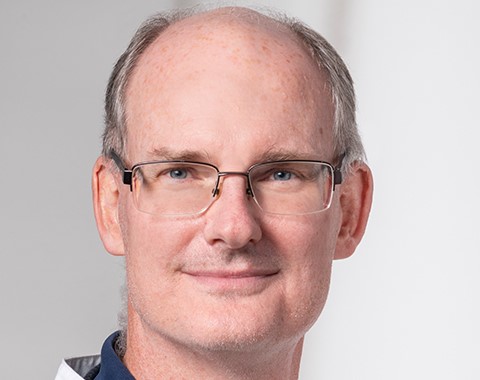
Prof. Dr. Marc-Steffen Raab is a senior physician at the German Cancer Research Center (DKFZ) and the deputy head of the Heidelberg Myeloma Center. He holds a professorship in clinical and experimental hematology at the Ruprecht-Karls University of Heidelberg since October 2018. His work focuses on translational research, particularly early clinical studies aimed at improving treatments for multiple myeloma.
Dr. Raab’s research interests include engaging T cells in the treatment of myeloma, exploring how immune cell interactions can be harnessed for therapeutic purposes. His contributions to the field are significant, as he investigates innovative strategies to enhance immune responses against myeloma cells, thereby improving patient outcomes.
His role at the Heidelberg Myeloma Center involves overseeing research programs that bridge laboratory findings with clinical applications, aiming to develop effective therapies for this challenging disease.
Noemi Puig
Funding: Application of mass spectrometry for the diagnosis and monitoring of real life patients with monoclonal gammopathies
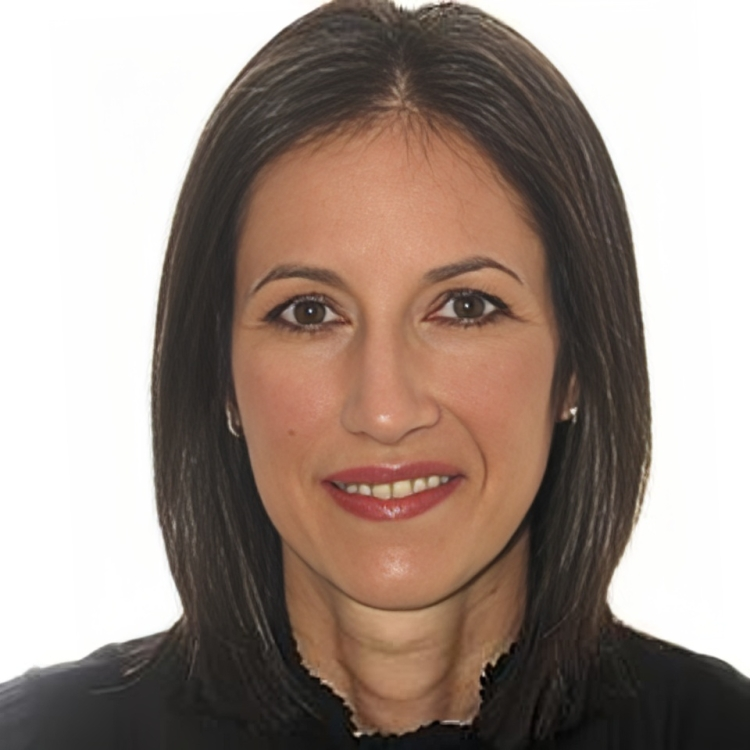
Noemi Puig, MD, PhD earned her medical degree from Universidad Complutense in Madrid and completed her residency in Internal Medicine and Hematology at University Hospital La Fe in Valencia, Spain. She furthered her training with a 3-year fellowship in Lymphoma, Myeloma, and Autologous Stem Cell Transplantation at Princess Margaret Hospital, University of Toronto, Canada.
Dr. Puig obtained her doctoral degree from the University of Salamanca, focusing on minimal residual disease monitoring in multiple myeloma.Currently, she serves as a Consultant Physician in the Hematology Department at the University Hospital of Salamanca and is involved in the Flow Cytometry Laboratory, overseeing studies for the Spanish Myeloma Group.
Dr. Puig is a member of the Programa para el Estudio de la Terapéutica en Hemopatías Malignas (PETHEMA) and the Spanish Myeloma Group (GEM), as well as the EuroFlow Group. Her research interests include multiparameter flow cytometry and mass spectrometry for diagnosis and monitoring in monoclonal gammopathies. Dr. Puig has authored several research articles, reviews, and book chapters in her field.


